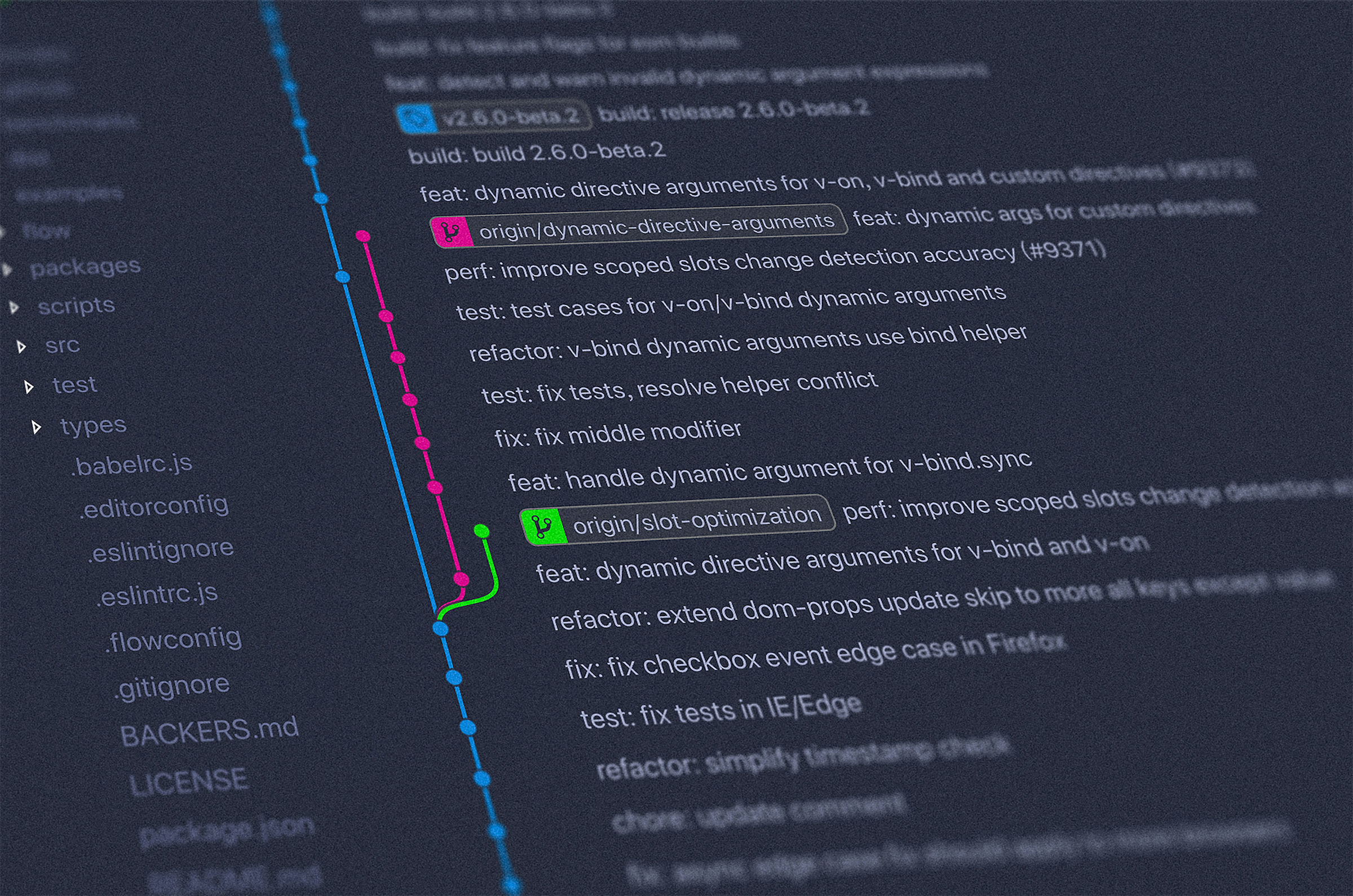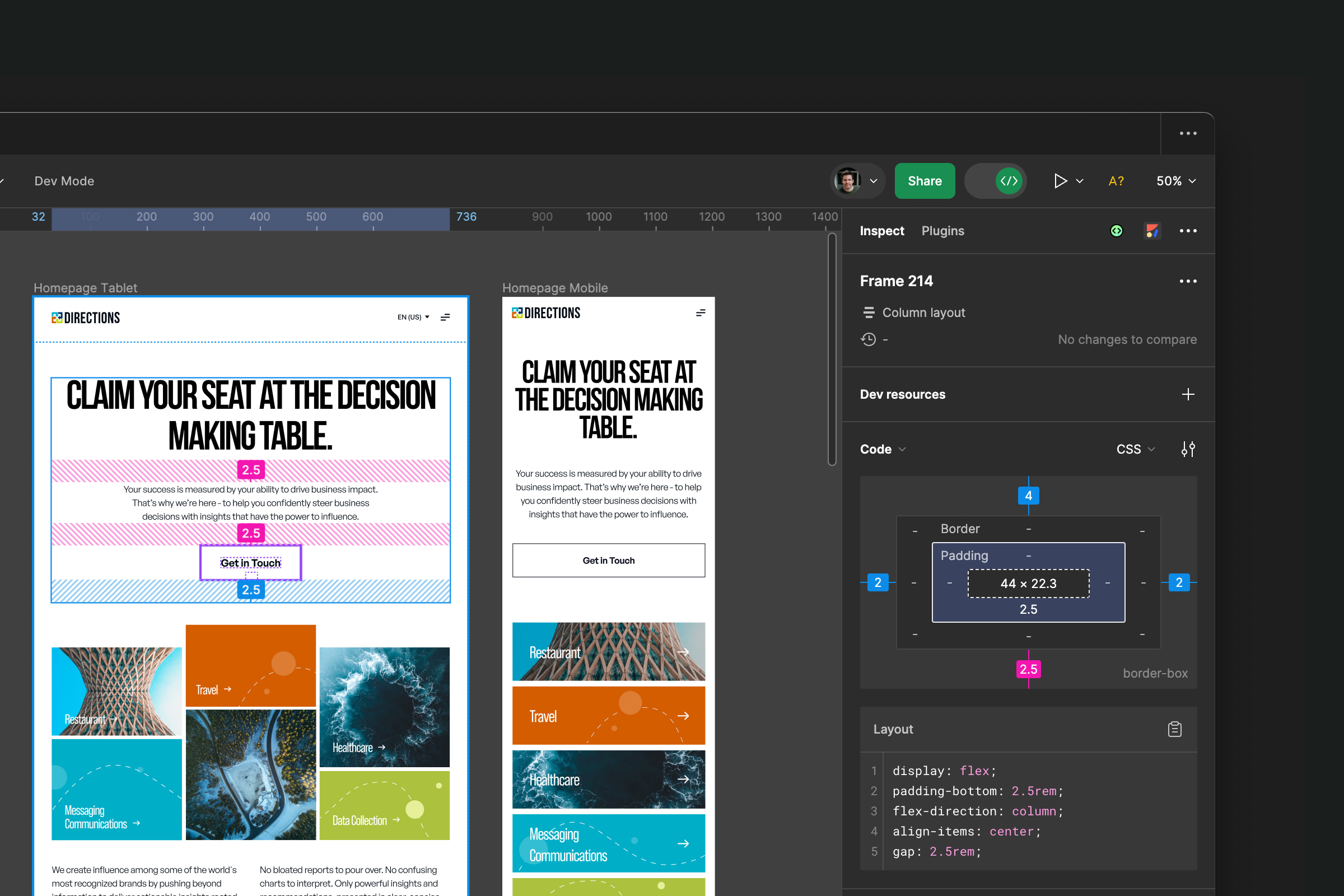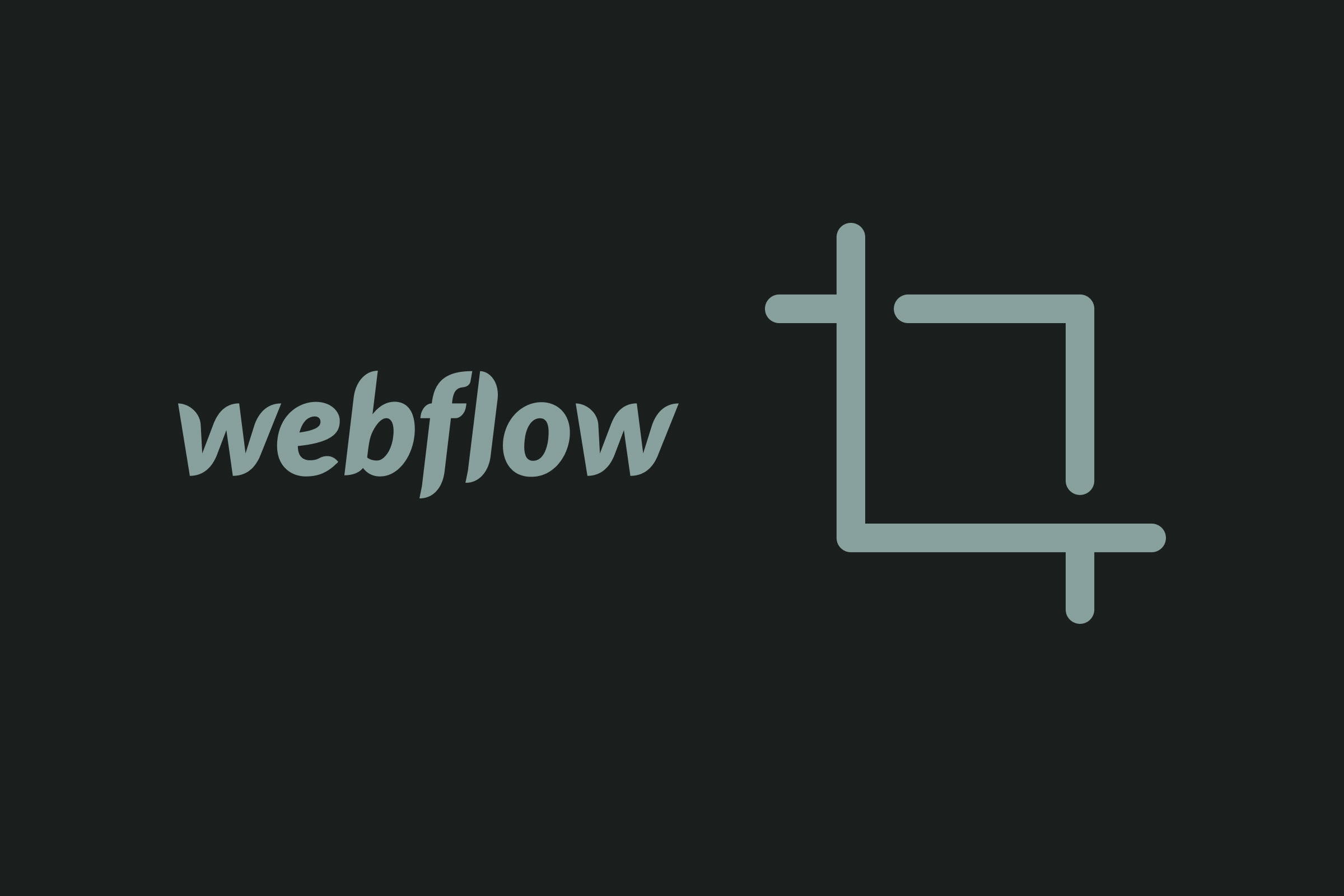Google's updates to Performance Max for January 2024

Google has rolled out significant updates to its Performance Max campaigns, reinforcing its commitment to harnessing AI for the enhancement of digital advertising strategies. The latest updates are aimed at broadening functionalities, improving targeting precision, and granting advertisers greater creative freedom. Below is an overview of the principal updates:
Advanced AI Enhancements for Superior Optimization
The newest iteration of Performance Max features sophisticated AI improvements, aiming to boost conversions by over 18% at comparable costs. These advancements are the result of Google's ongoing efforts to refine its AI technologies, encompassing more effective bidding strategies, enhanced creative asset generation, and improved search query alignment.
- Integration of AI in Search and Performance Max: This update fosters a seamless integration that amplifies conversions across Google’s platforms, combining broad match keywords and Smart Bidding with Performance Max's innovative keywordless AI technology.
- Optimization of Search Inventory: Google has rolled out account-level negative keywords and plans to introduce campaign-level brand exclusions, offering advertisers increased control over ad placements.
- Exploration of AI Enhancements: These AI enhancements are detailed further by Google.
Generative AI for Streamlined Creative Asset Production
The incorporation of generative AI into Performance Max campaigns now allows for the automated creation of high-quality creative assets. This innovation facilitates the production of compelling headlines, descriptions, and visuals, making it easier for advertisers to expand their creative outputs efficiently.
- Diversity in Assets: Acknowledging the importance of a variety of quality assets in driving campaign success, Google has simplified the process of generating and scaling new text and image assets, thereby boosting campaign effectiveness.
- Introduction to Generative AI Features: Google provides insights into these generative AI capabilities.
Optimization for In-Store Objectives and Local Engagement
Performance Max campaigns have been expanded to support optimization for in-store sales objectives, significantly enhancing Google's offerings for physical retailers. This development enables advertisers to increase in-store transactions, visits, and localized engagements, effectively linking online ads with physical store performance.
- Optimization Score for Performance Max: Advertisers now have access to an optimization score feature, offering automated recommendations for improving campaign outcomes, including strategies for new customer acquisition.
- Insights on In-Store Objectives: Google shares more information on optimizing for in-store goals.
Key Insights for Advertisers
- Harness AI Improvements: Employ the latest AI enhancements for enhanced results across Google’s advertising platforms.
- Creative Asset Innovation: Leverage generative AI to effortlessly create and refine creative assets.
- Emphasize In-Store Conversions: For businesses with physical storefronts, utilize the new in-store objectives to amplify offline conversions.
These updates highlight Google's drive towards more sophisticated, automated, and efficient advertising solutions, designed to optimize ROI for advertisers while streamlining campaign management.





















.jpeg)

.jpg)


.jpg)



.jpg)

